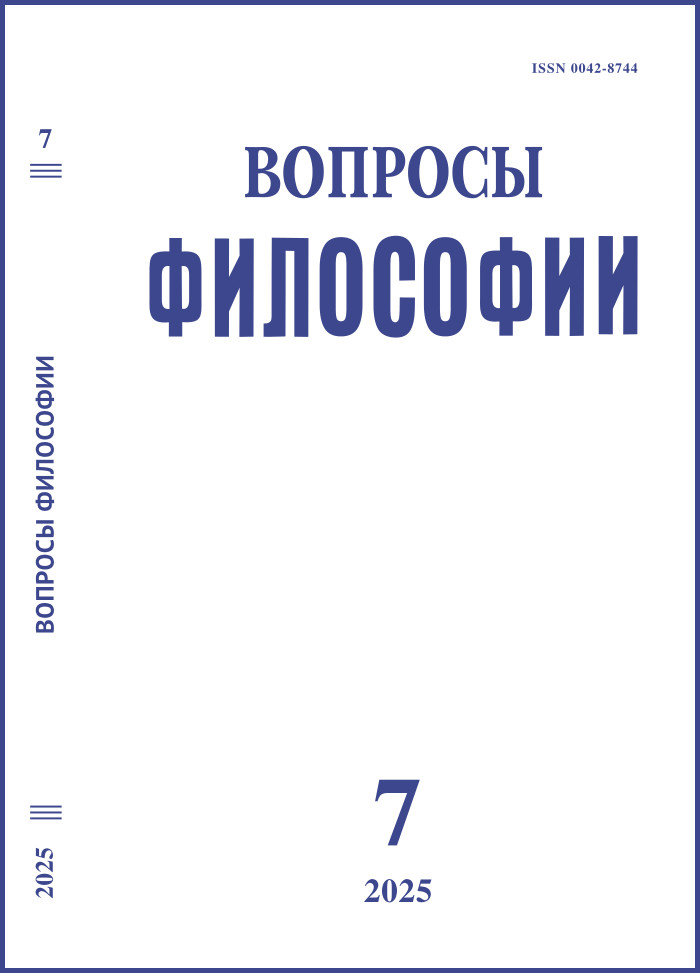The Philosophical Foundation of Karma Doctrine in Abhidharma and Madhyamaka
DOI:
https://doi.org/10.21146/0042-8744-2025-7-159-169Keywords:
ethical causality, momentariness of dharmas, karmic seeds, certainty and inexhaustibility of karma, dependent origination, selflessness, emptiness, Vasubandhu, Nagarjuna, TsongkhapaAbstract
The Buddha’s teaching on karma was a revolutionary discovery for the concept of cyclic reincarnation (samsara), which is already found in the earliest Buddhist texts and was further developed in the Abhidharma literature. The Hinayana philosophical schools of Vaibhashika and Sautrantika, whose views are presented by Vasubandhu in his treatise “Abhidharmakośa”, gave their theoretical justification of the law of karma in the context of the doctrine of dharmas and the theory of momentariness, but because of their substantialist worldview they encountered difficulty in answering the question of the ontological mechanism of karmic retribution. Dharmakirti introduced the argument of causal efficacy of impermanent dharmas into the Sautrantika ontology of momentaribess. On this view, karmas, being impermanent dharmas, produce results because it is in their nature to do so. Nagarjuna in the “Mūlamadhyamakakārikā” and his Prasangika followers, Indian (Chandrakirti) and Tibetan (Je Tsongkhapa), adopted the Abhidharma doctrine of karma, but in a radically new philosophical interpretation. They explain the causal mechanism of karma and its fruits in the context of Madhyamaka, based on the doctrine of emptiness of the self and dharmas from their own essence (nature). The ontological basis for karmic causality, from this perspective, is the simple existence of “I”. Therefore, there is no need to introduce into the doctrine of karma the idea of the existence of alaya – the repository of karmic “seeds” or “imprints”, on the ontological necessity of which Yogachara philosophers insisted.

